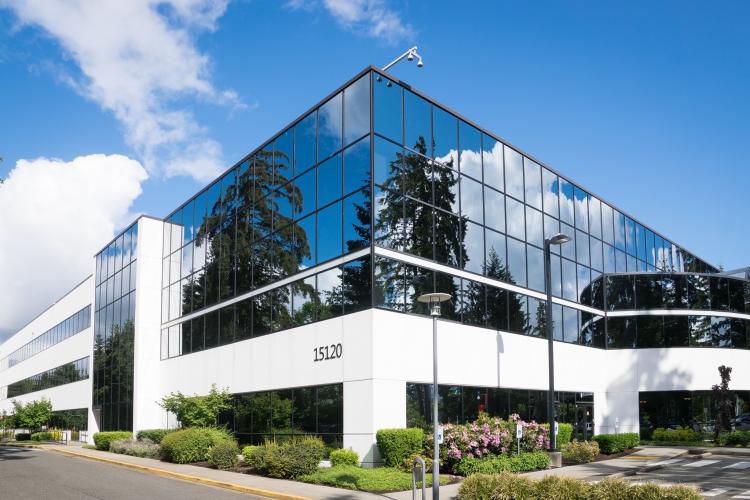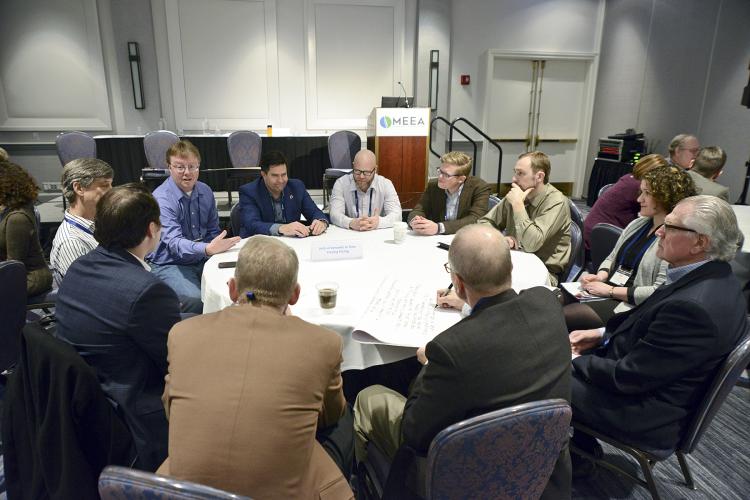Buildings are the Biggest Energy Users. A Minnesota Town is Doing Something About It
Big cities aren’t the only ones making sustainable communities a priority.
On June 4, 2019, the Edina, MN City Council approved the Efficient Building Benchmarking Ordinance encouraging building owners to track and reduce their energy use. The initiative requires owners of existing commercial and multifamily buildings over 25,000 square feet to benchmark their building's energy d ata. Edina is now the second city in Minnesota (after nearby Minneapolis) to require benchmarking.









